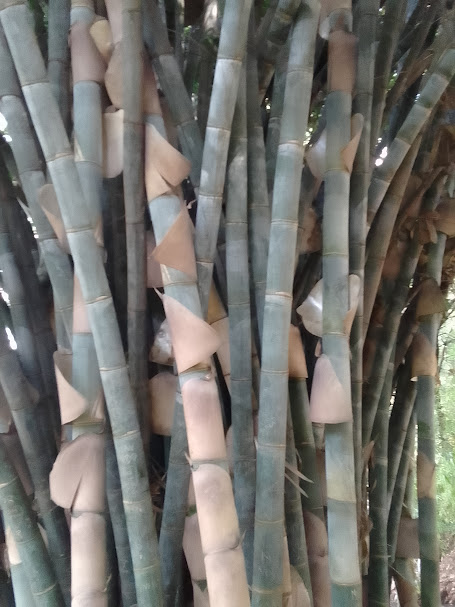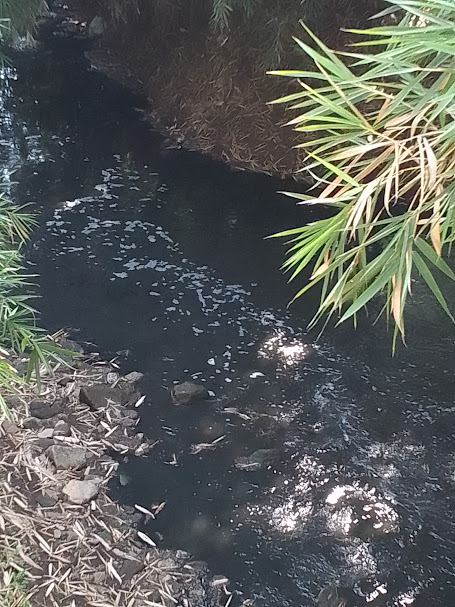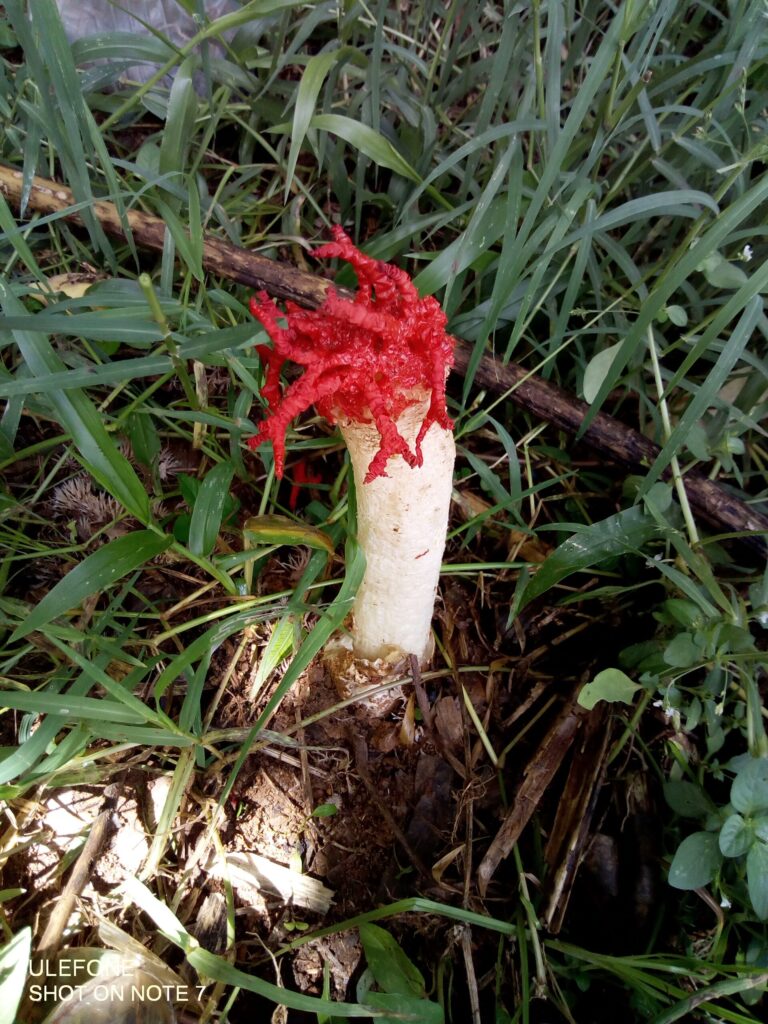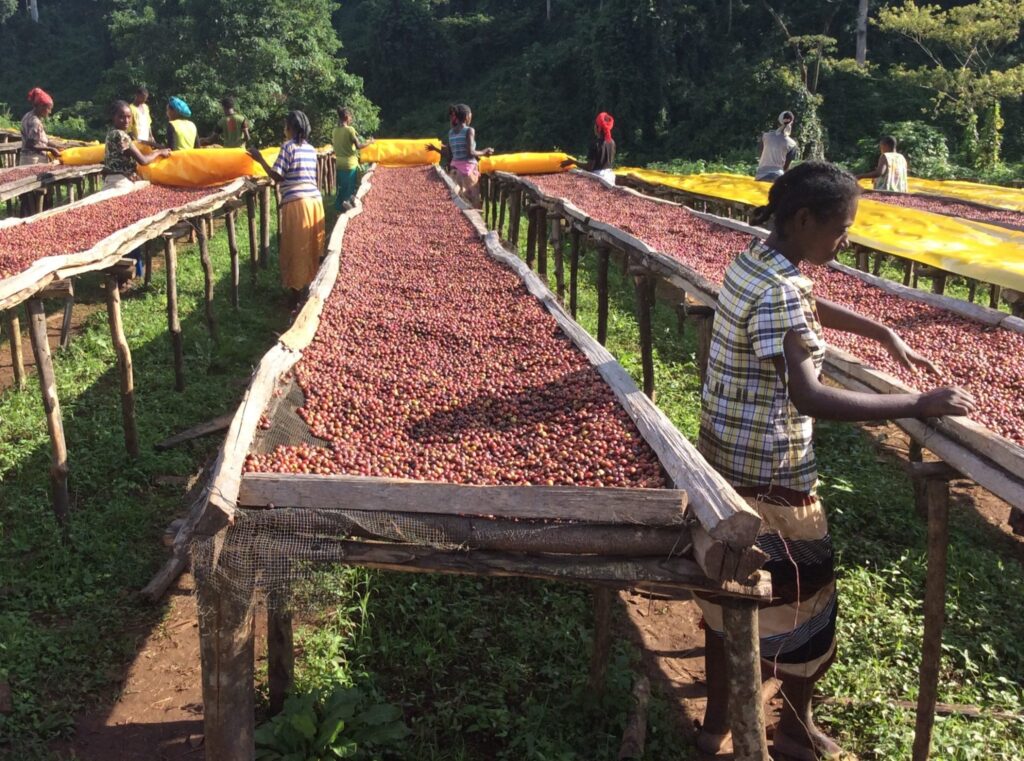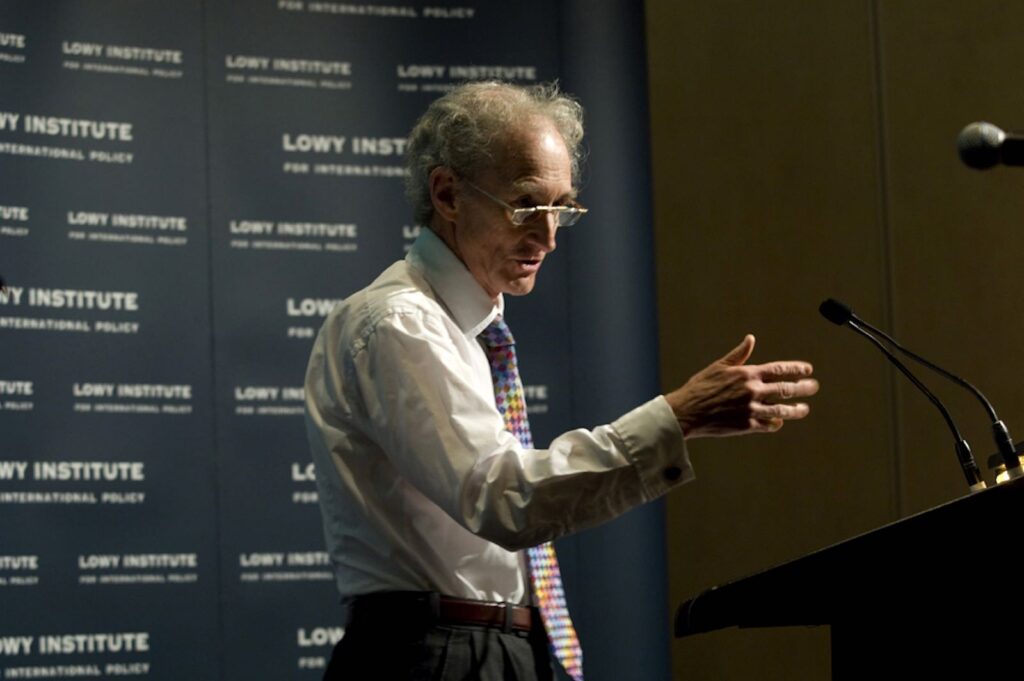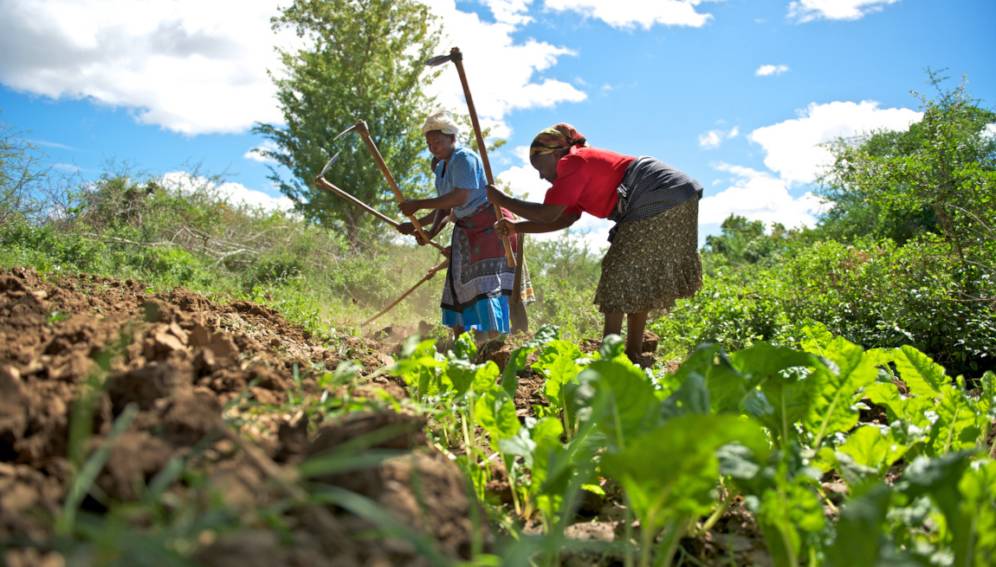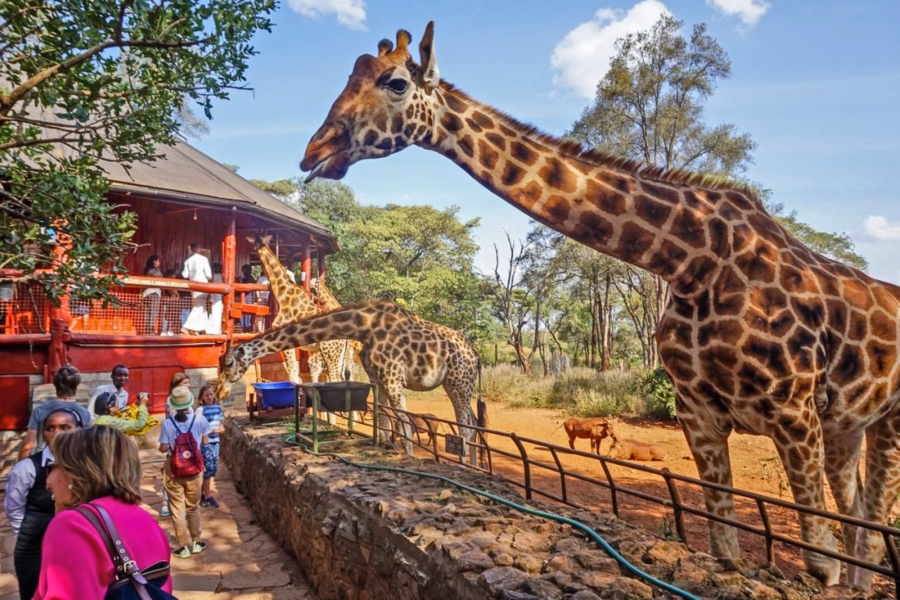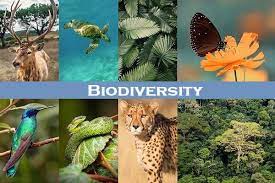Bamboo and carbon offset
Bamboo, nicknamed the wonder plant, is the strongest and fastest-growing monocot “woody” plant on earth, great for construction work. It is packed with vitamins and essential minerals such as niacin, vitamin A, vitamin B6, and vitamin E, which is the body’s most powerful antioxidant. It is known to naturally enhance collagen production, help to detox […]
Bamboo and carbon offset Read More »

